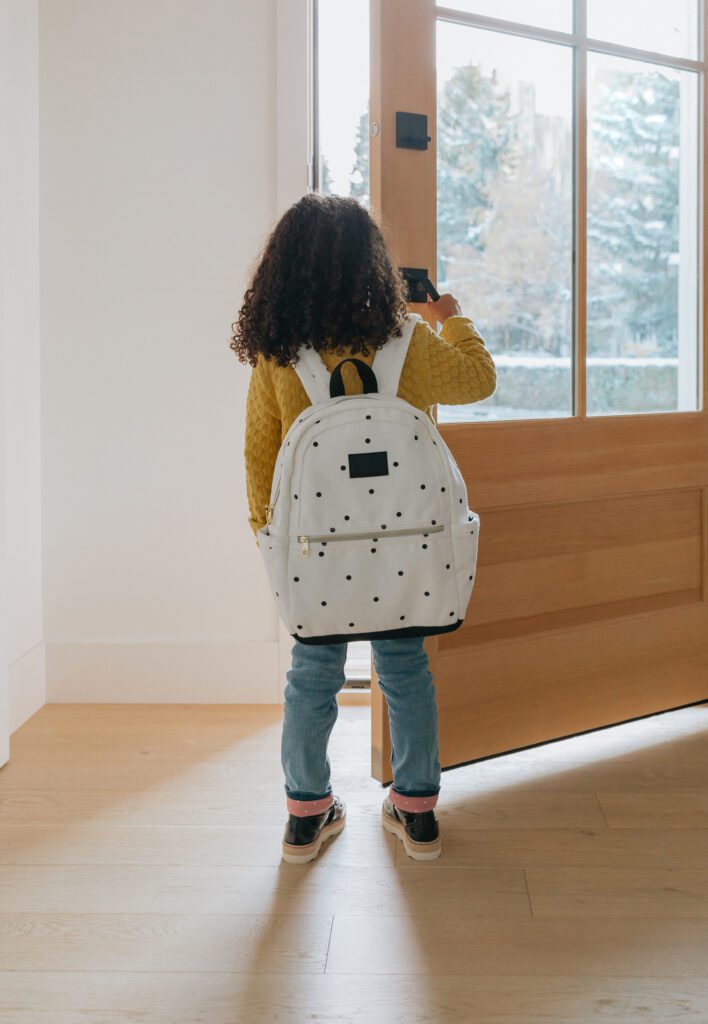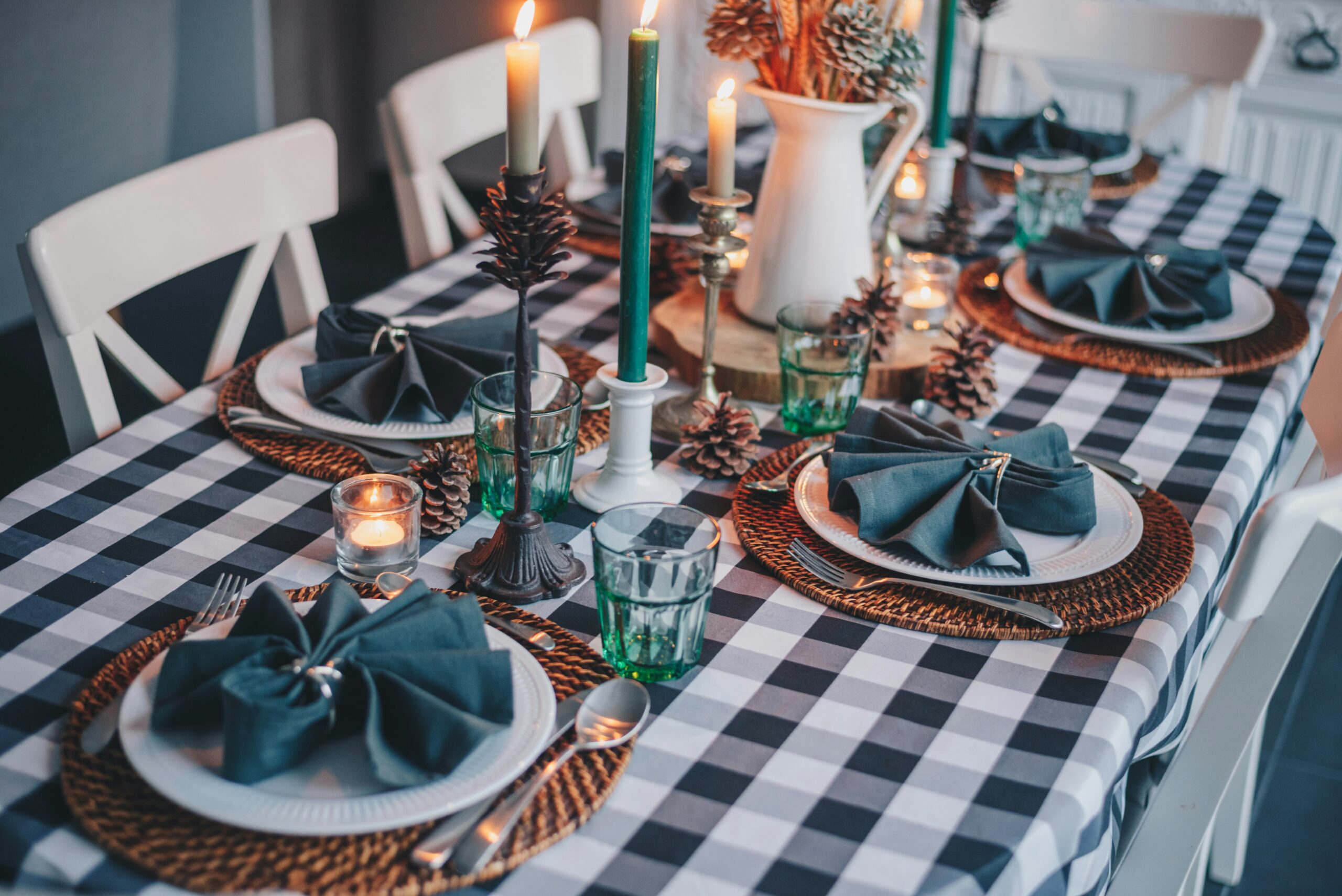By Juliana Stanfield
If someone asked you who you are outside of the roles you play, the things that you do, or the contributions you make, would you be able to answer?
You may have heard anxiety described as an overestimation of perceived danger and an underestimation of your ability to handle it. What if instead of focusing on eliminating the anxiety we face, we start investing in our identities? Would establishing a strong sense of self help us to become more resilient against everyday fears, worries, and doubts?
Connection Between Identity and Anxiety
Let’s first take a look at what the relationship is between identity and anxiety. Our beliefs about ourselves and who we are formulate from a very young age. We gather information about our value, worth, and roles in the world from the people around us and from the environments we’re in.
Trauma, broken families, grief, chronic physical and mental health issues, and other obstacles send our brains messages about who we are and what we deserve out of life. So, as a natural consequence, we may start experiencing chronic anxiety about what is going to be thrown our way next and whether we can handle it.

Let me give you an example. If a person grows up in an environment in which their emotions are constantly invalidated, minimized, or made less important than someone else’s, the underlying message that they may receive is that their thoughts, feelings, and opinions don’t matter.
As a result, they may start dismissing their own beliefs. They may resort to chronic people-pleasing to better align their own opinions to that of others in order to avoid feeling that same invalidation they did in childhood. Over time, they may begin to lose their sense of self entirely. They become anxiety-ridden and conflict-averse in order to avoid having to reveal their true feelings. They have attached their whole identity to their roles, responsibilities, relationships, and environments. Then, when conflict or crisis arises, they have no foundation to stand and face it. All of these things can happen without someone even being conscious of them. What traumas, trials, or tribulations have you faced that have robbed you of your identity?
Could an investment in our identities also help us to combat symptoms of anxiety? If we have an unwavering sense of self, then that underestimation of our ability to handle life’s challenges begins to dissipate. The key to establishing a strong sense of self is to base it on things that are not conditional or ambiguous.
What Identity Isn’t
When you think of your identity, the first place your mind might go to are the roles you play, work, responsibilities, likes, and dislikes, or appearances. But, what if you place your entire identity into your job and get laid off tomorrow? Who are you then? What if you place your whole sense of self into being a good parent, spouse, sibling, or friend, and those relationships end? Do you suddenly lose who you are? Do you put a lot of stock into enjoying one hobby, then get bored of it and find yourself asking what will define you next? You might be placing your sense of self into things that are unfixed.
What Identity Is
Defining identity by things that are more concrete is the best way to ensure the foundation remains strong: values, beliefs, core principles, character traits, and abilities. That’s not to say that these things won’t change given certain seasons of life, but taking the time to actively reflect and carrying the awareness of what these things are can help to ground you in your sense of self.
Values, Beliefs, and Core Principles
Brené Brown (one of our favorite personal development authors), a renowned author, professor, and researcher advises that people pick two core values to guide their life. You can find a list of these values here. Values can help you discern right from wrong, determine how to handle a conflict or crisis appropriately, and act as a reminder of what is important to you in the face of obstacles.
Think of the most meaningful moments in your life. Write them down. Do any themes emerge? What feelings encompassed these moments? Did you feel at peace? Did you feel alive? Did you feel like you had a purpose? These answers might point you toward your core values.
Beliefs about the world, causes that matter to you, and injustices that you hope will one day change reveal your values and core principles as well. Maybe it’s environmentalism, education reform, human rights, social justice, or racial equality. These issues matter to you because they are linked with values that you believe are fundamental to human nature.

Character Traits
What are the character traits that you are proud to possess? Are you adventurous? Nurturing? Compassionate? Honest? These traits may also be able to help you in the face of anxiety. Having these qualities in mind puts more tools in your toolbox to ask yourself, “how can I use my strength of ______ to face this situation?” What about the character traits that you one day hope to possess? What next steps can you take in your personal life to begin to develop these character traits?
Finding your identity doesn’t mean being stagnant with who you are and where you are right now. It also means stepping out of your comfort zone to better set up the future-you to face obstacles. If you want to become more hard-working, start that small side-project today that you’ve been putting off out of fear of failure. If you want to become more creative, pick up that pencil or pen, paintbrush, or camera this weekend and see where it takes you!
Skills and Abilities
When you hear the words “skills” or “abilities,” does that little voice in your head say, “you’re not good at anything, remember?” That’s the anxiety talking. What is the identity saying? Look beneath the surface.
Maybe you’re not athletic, but you are a better conversationalist than anyone you know. Maybe being sociable isn’t your forte, but your level of intuition is unmatched. So you can’t cook, but you give off an effortless warmth and comfort to everyone around you. These skills make up your identity and can be a reminder of what you are capable of handling when anxiety tries to convince you otherwise.
What Next?
No one gets to define your identity but you. If trauma, grief, illness, broken childhoods, or other trials and tribulations have created self-doubt, talk to a trusted friend, family member, or therapist about how to get back to the roots of who you are. Sit down and put pen to paper and map out what makes up your true identity. Practice mindfulness to look inward and discover what your intrinsic values are.
If you struggle, then write out some goals and the next steps to help you find your identity. It’s never too late to re-establish that foundation. If finding your sense of self helps to combat anxiety too, why not feed two birds with one scone?





